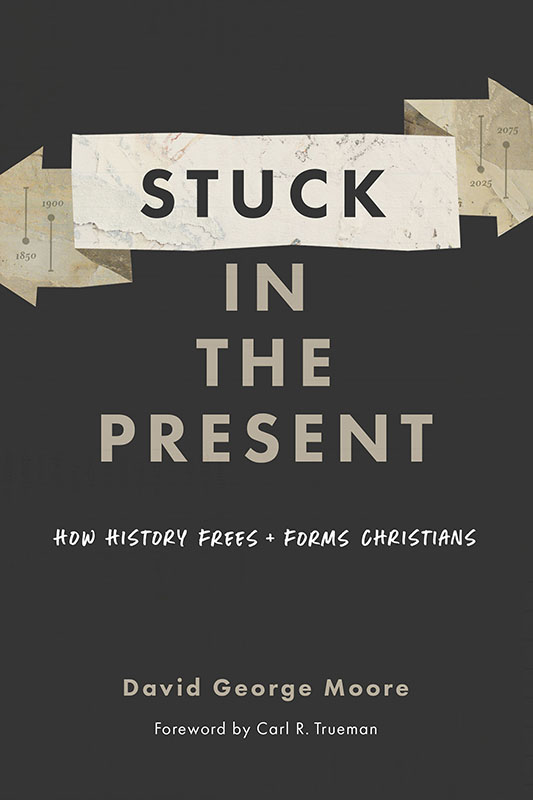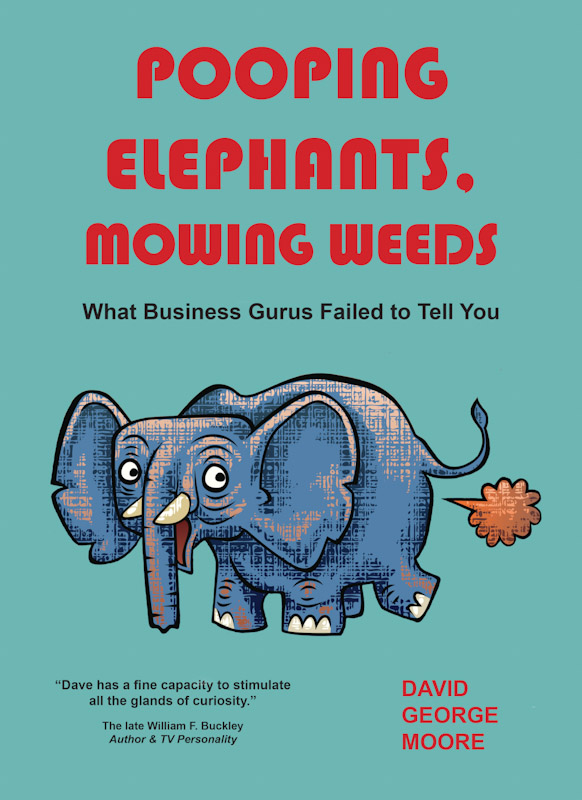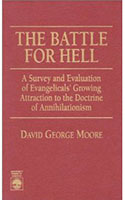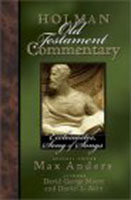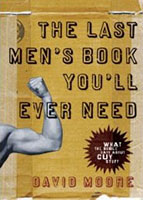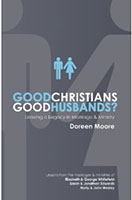
Here is a picture of our home library. There are more books downstairs, but this is the main library.
As promised, I wanted to offer the various ways you can build a great library without spending too much. Here in no particular order are the things we’ve done:
Check out your local library sales. They happen on a regular basis. When we lived in Palo Alto, we got a 19th century hardback edition of Baxter’s The Saints’ Everlasting Rest for fifty cents! It deeply impacted both of us. In between her discipleship meetings with students, I vividly remember my wife reading it (many times with tears in her eyes) in the student union at Stanford.
Used bookstores. You never know what you might find. I found a first edition of God and Man at Yale by William F. Buckley for $5 in Annapolis. A few months back I found an old biography on H.L. Mencken for $1. While thumbing through to make sure it was clean, out fell two personal letters from Mencken. They got appraised for $250 and $150. I was already thrilled about just getting the book for $1!
Garage sales. Many people don’t know what they have. Yes, there is usually an abundance of pulp fiction, but I have found some incredible and valuable books.
Amazon has many partners who sell new and used books. I have ordered several and rarely had a problem. I typically look for used books which say there are no markings/like new. And I look at how many good votes they received as a carrier.
Write reviews. Publishers will send you free review copies if you have access to a solid platform. For example, if you want to write for a blog with decent readership, here is how to get started:
*Familiarize yourself with the blog by reading it on a regular basis.
*Don’t comment too often and don’t make your comments long. I am amazed how many people still violate these simple tips. When I see a long comment on a blog post, I always pass over them. The only exception is when someone comments who is an expert on the topic under discussion.
*Thank the blogger for their efforts with the blog. If you have been posting thoughtful and brief comments, they will probably have some vague idea of who you are. If you write them a personal note (again keep it brief!), you will definitely separate yourself from the masses! A younger pastor recently sent me a hand-written note of thanks for one of my articles. Putting pen to real paper makes a big difference.
*Pick books to review the blogger would appreciate.
*Approach them about the possibility of doing one.
*If they say no, know that real authors don’t lost heart. Persevere. Perhaps your writing is not as good as you think. Perhaps the blogger does not connect to your style. Whatever the case, real writers keep writing. Real writers don’t write simply to get published. Real writers write because they must whether many or a few are listening.
*If the blogger says yes, work very hard to do a great job writing the review.
So this is kind of a twofer: how to build a library and a few thoughts about getting your work noticed.
Finally, if a book makes a big impact on you, and if the author is still alive, write him or her a short note of thanks. Believe me, no matter how famous the author, it is a great encouragement. And yes, I’ve had authors send me books as a thank-you for my thank-you, but that of course should not be one’s motivation for writing.

